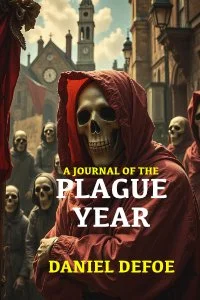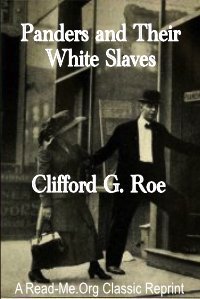By Daniel Defoe
Daniel Defoe’s A Journal of the Plague Year, published in 1722, is a powerful and evocative account of the Great Plague that devastated London in 1665. Though written decades after the event, the narrative is presented as the firsthand observations of “H.F.,” a saddler living in the city, and blends historical fact with fictional storytelling. Defoe, who was a child during the outbreak, drew upon official records, personal testimonies, and his own journalistic instincts to reconstruct the atmosphere of a city under siege by disease.
The plague of 1665 was the last major outbreak of bubonic plague in England, killing an estimated 100,000 people—nearly a quarter of London’s population at the time. It was part of the Second Pandemic, a series of plague outbreaks that began with the Black Death in the 14th century and continued into the 18th. The disease spread rapidly through crowded urban areas, exacerbated by poor sanitation, limited medical knowledge, and ineffective containment measures. The government imposed quarantines, marked infected houses with red crosses, and employed “watchmen” to enforce isolation, while mass graves and plague pits became grim symbols of the crisis.
Defoe’s narrative captures the fear, confusion, and moral dilemmas faced by Londoners during this time. He details the breakdown of social order, the flight of the wealthy, the suffering of the poor, and the varied responses of clergy, physicians, and common citizens. The book is not only a historical document but also a reflection on human behavior in the face of catastrophe. Its themes of resilience, public health, and social responsibility remain strikingly relevant, offering timeless insights into how societies confront pandemics.
Read-Me.Org Inc. New York-Philadelphia-Australia. 2025. 202p.






